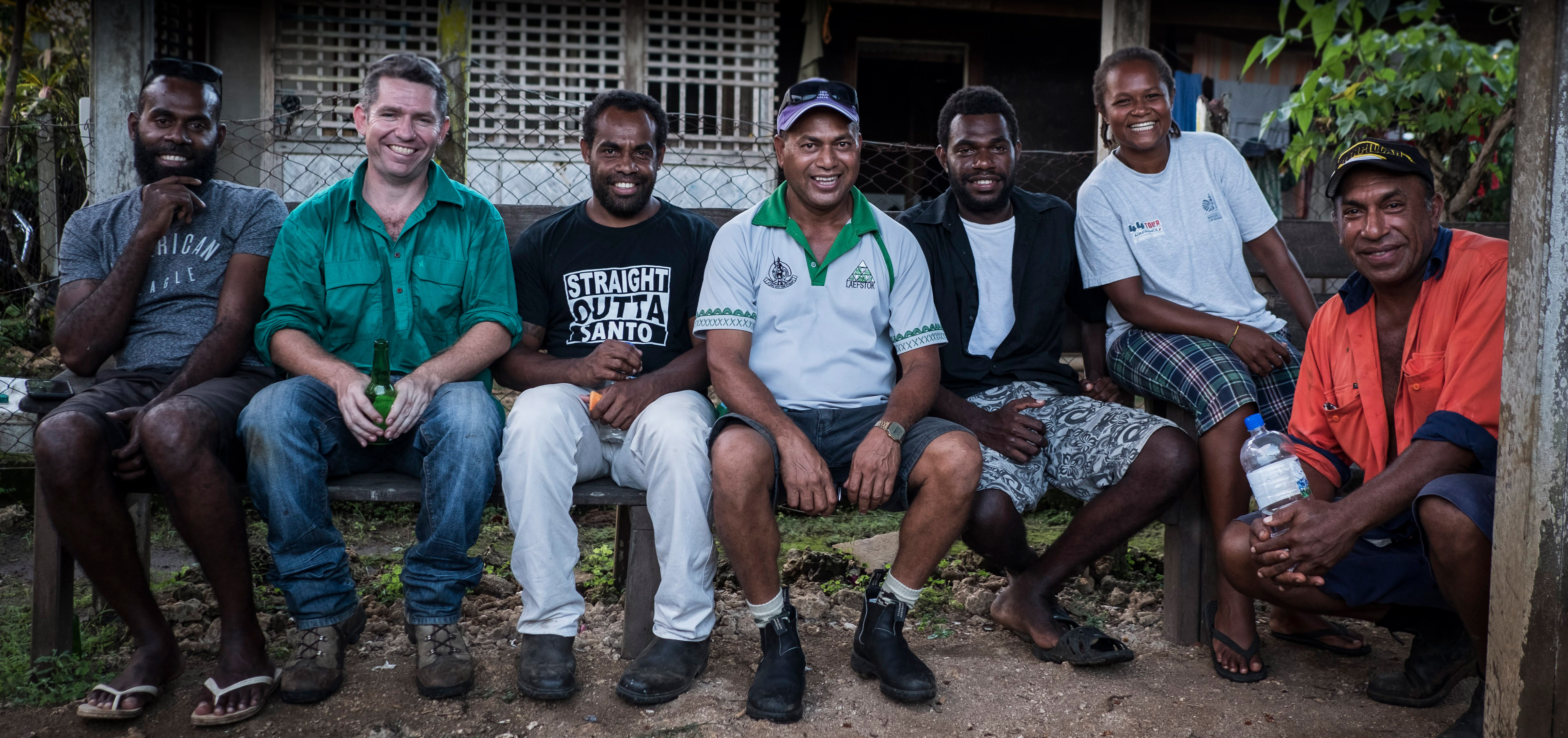You probably have a lot of questions about Mobile Acquired Data. This page provides a quick reference for simple answers to the most common questions asked during the MAD research series.
- Can you recommend a tool to use for digital data collection in my research project?
- What types of data can be collected?
- Are certain types of data collection activities better suited to digital?
- What are the ethical, cultural and gender considerations?
- How secure is it to collect data digitally?
- Who will own the data if it is uploaded to the cloud?
- How does the use of mobile devices affect relationships with respondents?
- Can I continue to use the data analysis tools I am comfortable with?
- Will my team need special training?
- What costs are involved in collecting data digitally?
- Where should I start?
- Where can I find more information?
Can you recommend a Mobile Acquired Data tool to use in my research project?
Yes. The tool is called CommCare. CommCare was identified as the most suitable tool for use in research during the Assessment of digital data collection apps to support ACIAR’s M&E (MAD Bali Pilot) project. The final report includes a comparison of MAD tools.
What types of data can be collected?
Data types that can be collected will vary depending on the software used. CommCare can capture text, numeric, multiple choice, data and time, multimedia (images, audio, video, signatures) and GPS locations. Bar codes, QR codes and RFID can also be utilised.
Are certain types of data collection activities better suited to digital?
The value represented by Mobile Acquired Data is greatest when data collection activities have one or more of these features:
- Large in scale - the number of respondents or number of objects being observed is high
- Longitudinal - the data will be collected many times
- Multimedia is an important component
- Real time project management is a focus
- Structured (e.g. a survey or data sheet)
The lowest value is represented by long, complex surveys that will only be administered once and in very unstructured interviews. The final report and project case studies provide further detail.
What are the ethical, cultural and gender considerations?
These will vary according to context, however important issues to keep in mind are:
- Participant privacy and documented consent
- Hierarchy dynamics of device custody by women and junior staff members within institutions
- Participant relationship dynamics in locations where device custody conveys authority
- Security implications of device custody
Please refer to the presentation resources for greater detail.
How secure is it to collect data digitally?
In a nutshell? More secure than paper data collection if you use a recommended tool and take simple steps to minimise risks. Check out the security presentation for more information.
Who will own and access the data if it is uploaded to the cloud?
Sophisticated access control features in CommCare can grant data access to individuals and groups on a basis that can be negotiated by project stakeholders. The data can never be accessed by individuals or governments not nominated by the account holders.
How does the use of mobile devices affect relationships with respondents?
The research series identified three main areas of benefit in relationships between field officers and respondents:
- Improved access to knowledge
- Improved engagement
- Reduced survey time
Both series reports and many of the resources deal with the relationship benefits of MAD, particularly with smallholders as project participants but also between researchers and field officers.
Can I continue to use the data analysis tools I am comfortable with?
Yes. Export formats from CommCare and most other MAD tools are compatible with analysis tools commonly used by researchers including:
It is helpful if someone in your team has experience in formatting complex data structures for analysis using these tools.
Will my team need special training?
Yes, if they don't have previous experience with MAD. At a minimum, even if the development and implementation of MAD in your project is outsourced to experienced contractors, one member of a project team will require sufficient knowledge to communicate requirements effectively. In most cases multi-day training will be required. See the Training page for more information.
What costs are involved in collecting data digitally?
In most cases a paid subscription for appropriate software will be required in addition to purchasing devices. Mobile data is likely to be an ongoing cost during data collection. Depending on the environment, accessories such as covers, power banks and broadband dongles may also be required. To learn more about these costs refer to the project case studies.
Where should I start?
Look for support within your own team, institution and partners. MAD is a cooperative exercise and success requires the engagement of stakeholders at all levels. Educating yourself and your team is the first step, so that you can make an informed decision about the potential benefit to your research. After making the most of the resources on this site, an introductory training will help you create a plan to move forward with MAD.
Where can I find more information?
If your questions are not answered here you will find a wealth of additional information on the CommCare Help and Dimagi Academy sites. For contact details of some projects that are deploying CommCare, please complete a request here.




